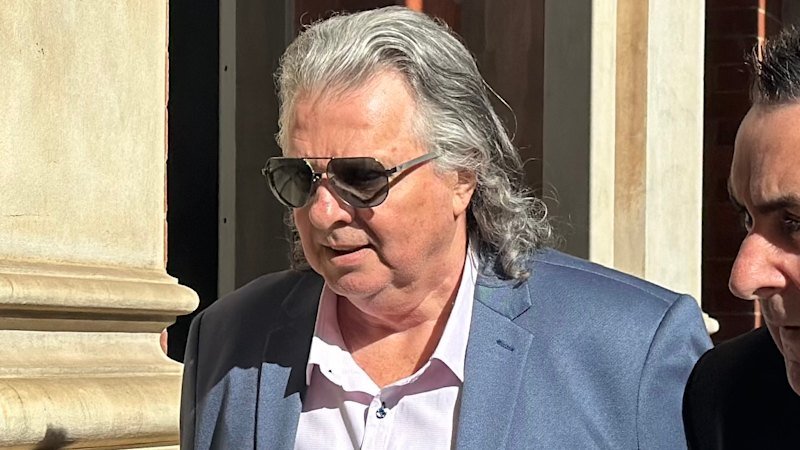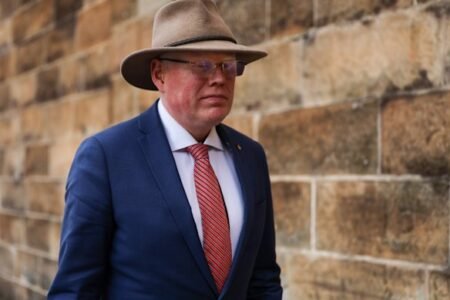Regardless, Margaretic said, records showed Marco still had a “perfect payment record” with his clients over the eight-year period relating to the offences.
“Everyone was paid as they were promised to be paid, for all the time they invested with my client,” he said.
Margaretic said it was telling only seven of Marco’s more than 150 clients were participating in the court case against him, and some had even experienced a “net positive” through investing with him.
“With respect, no one held a gun to these people’s heads,” Margaretic said.
“They could have walked away with their money whenever they so pleased.”
Margaretic said Australian Securities and Investments Commission investigators had looked into whether the money had gone to “islands, private jets, boats”, but had turned up nothing.
“Every cent was accounted for,” he said.
“As long as his investors received their very, very handsome interest payments they didn’t care where it went.
“Anyone can make a bad investment and lose money on an investment, but that does not mean there was no investment.”
Marissen’s lawyer Simon Freitag said his client had a long-running working relationship with Marco, but her position meant she did not have insight into any alleged offending.
“She types emails … occasionally witness documents, makes phone calls,” he said.
Loading
“She does all of those things at [Marco’s] direction.”
Freitag said her executive assistant title was not accurate, as she was “more of an assistant than an executive”.
“[Marco’s] the brains of the operation … she works for him,” Freitag said.
The court was told Marissen would occasionally complete transactions with Marco’s supervision.
“There is no evidence that she knew or understood the investment plans that he talked about with investors … that she knew what was going on,” Freitag said.
“She simply helped the administrative wheels tun without any great insight to what is going on.”
Client gives evidence
Sydney executive Andrew Batchelar told the court he invested more than $800,000 over the eight years he worked with Marco.
He said he was introduced to Marco through a colleague, and they met in person at a seafood lunch in 2011 when Batchelar was visiting Perth.
He said he agreed to invest, and Marco talked him through his strategy which involved placing money into Marco’s bank account with other investors to boost the balance.
Batchelar told the court it was called “private placements”, and Marco promised him a generous return for his investment.
Batchelar often invested hundreds of thousands of dollars at a time over a number of years, and frequently withdrew his money if necessary.
“I’d invested some money, obviously interest had been earned and that was returned to me,” he said.
“This gave me confidence that what was being said to be done, was being done.”
When asked by Whybrow if the generous return rate – usually exceeding 11 per cent – was too good to be true, Batchelar agreed.
“Certainly looking at it now, it probably does,” he said.
In one of his investments, Batchelar said he noted Marco kept one of his accounts on the Channel Islands. The account was blocked and used as insurance for clients in case their money was lost.
Documentation shown to the court detailed how the account promised to have $1 million dollars in it as a surety, but bank statements showed it only had a couple of hundred dollars in it at most.
Read the full article here
















